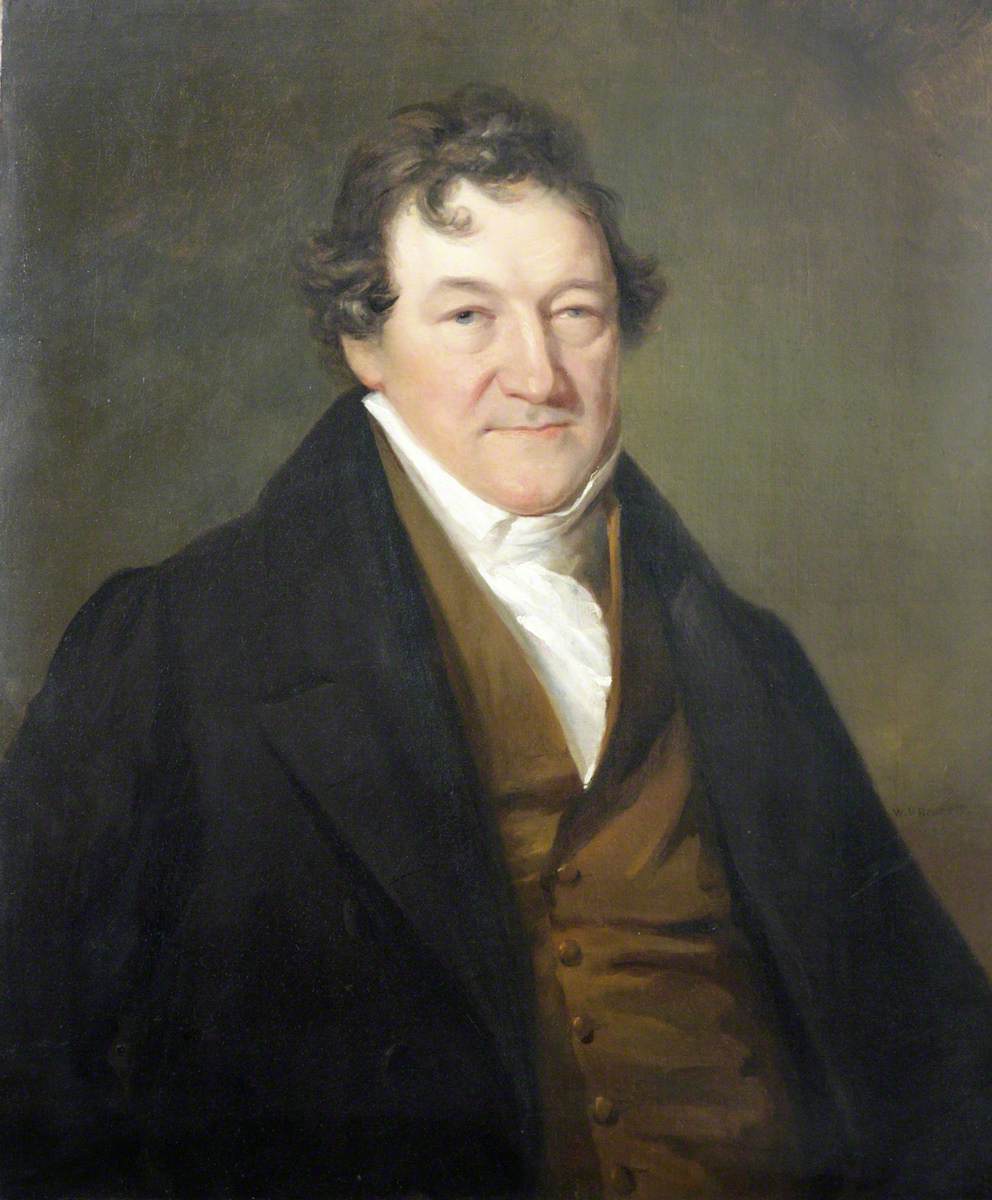Bartholomew Parr on:
[Wikipedia]
[Google]
[Amazon]
 Bartholomew Parr FRS
Bartholomew Parr FRS
 Bartholomew Parr FRS
Bartholomew Parr FRS FRSE
Fellowship of the Royal Society of Edinburgh (FRSE) is an award granted to individuals that the Royal Society of Edinburgh, Scotland's national academy of science and letters, judged to be "eminently distinguished in their subject". This soci ...
(1750–1810) was an 18th-century British physician and medical author, known for his ''London Medical Dictionary'' published in 1809.
After earning his Doctor of Medicine in 1773 at the University of Edinburgh, Parr served as Physician of the Devon and Exeter Hospital
The Royal Devon and Exeter Hospital (commonly referred to as RD&E), and with a main site sometimes known as Wonford Hospital, is a large teaching hospital situated in Exeter, Devon, England, and is run by the Royal Devon University Healthcare NH ...
in southwest England. He was later elected as Fellow of the Royal Societies of Edinburgh
Edinburgh ( ; gd, Dùn Èideann ) is the capital city of Scotland and one of its 32 Council areas of Scotland, council areas. Historically part of the county of Midlothian (interchangeably Edinburghshire before 1921), it is located in Lothian ...
and London
London is the capital and largest city of England and the United Kingdom, with a population of just under 9 million. It stands on the River Thames in south-east England at the head of a estuary down to the North Sea, and has been a majo ...
.
Life
Parr was born inExeter
Exeter () is a city in Devon, South West England. It is situated on the River Exe, approximately northeast of Plymouth and southwest of Bristol.
In Roman Britain, Exeter was established as the base of Legio II Augusta under the personal comm ...
in Devon
Devon ( , historically known as Devonshire , ) is a ceremonial and non-metropolitan county in South West England. The most populous settlement in Devon is the city of Plymouth, followed by Devon's county town, the city of Exeter. Devon is ...
in 1750 the son of Bartholomew Parr (1713-1800), surgeon of Exeter Hospital (and a pupil of Dr. William Smellie), by his second wife Johanna Burgess.
He was sent to the University of Edinburgh
The University of Edinburgh ( sco, University o Edinburgh, gd, Oilthigh Dhùn Èideann; abbreviated as ''Edin.'' in post-nominals) is a public research university based in Edinburgh, Scotland. Granted a royal charter by King James VI in 15 ...
to study medicine and graduated with a Doctor of Medicine in 1773, returning to Exeter to practice. In February 1775 he replaced Dr. Thomas Glass as Physician of the Devon and Exeter Hospital.
In 1789 he was elected a Fellow of the Royal Society of Edinburgh
The Royal Society of Edinburgh is Scotland's national academy of science and letters. It is a registered charity that operates on a wholly independent and non-partisan basis and provides public benefit throughout Scotland. It was established i ...
. His proposers were Alexander Hamilton
Alexander Hamilton (January 11, 1755 or 1757July 12, 1804) was an American military officer, statesman, and Founding Father who served as the first United States secretary of the treasury from 1789 to 1795.
Born out of wedlock in Charlest ...
, James Hutton
James Hutton (; 3 June O.S.172614 June 1726 New Style. – 26 March 1797) was a Scottish geologist, agriculturalist, chemical manufacturer, naturalist and physician. Often referred to as the father of modern geology, he played a key role i ...
and Andrew Duncan, the elder
Andrew Duncan, the elder (17 October 1744 – 5 July 1828) FRSE FRCPE FSA (Scot) was a Scottish physician and professor at the University of Edinburgh. He was joint founder of the Royal Society of Edinburgh.
Life
Duncan was the second son of An ...
. In 1797 he was also elected a Fellow of the Royal Society of London
The Royal Society, formally The Royal Society of London for Improving Natural Knowledge, is a learned society and the United Kingdom's national academy of sciences. The society fulfils a number of roles: promoting science and its benefits, re ...
.
He died at home at Bedford Circus in Exeter on 20 November 1810. He is buried in the churchyard of St Stephen's Church, Exeter. His will of 1811 is held at the National Archive in Kew. Parr Street in Exeter near Belmont Park is named after him.
Family
He married Maria Coddrington who bore him two sons: Coddrington Parr and Samuel Parr. Coddrington acquired Stoneland House inDawlish
Dawlish is an English seaside resort town and civil parish in Teignbridge on the south coast of Devon, from the county town of Exeter and from the larger resort of Torquay. Its 2011 population of 11,312 was estimated at 13,355 in 2019. It is t ...
in 1822.
On her death he married Frances Robson in May 1809 but she abandoned him after six weeks.
Publications
*''Account of the Influenza as it Appeared in Devonshire in May 1792'' (1792) *''London Medical Dictionary'' (1809) He was editor of both ''Medical and Philosophical Commentaries'' and ''Annals of Medicine
''Annals of Medicine'' is a peer-reviewed medical journal that publishes research articles as well as reviews on a wide range of medical specialties, with a particular focus on internal medicine. The journal covers advances in the understanding of ...
''.
Artistic Recognition
His portrait, by William Mineard Bennett, is held by the Royal Devon and Exeter Hospital.References
1750 births 1810 deaths Medical doctors from Exeter Alumni of the University of Edinburgh 18th-century English medical doctors Fellows of the Royal Society Fellows of the Royal Society of Edinburgh {{UK-med-bio-stub